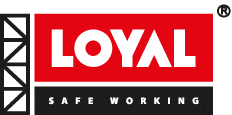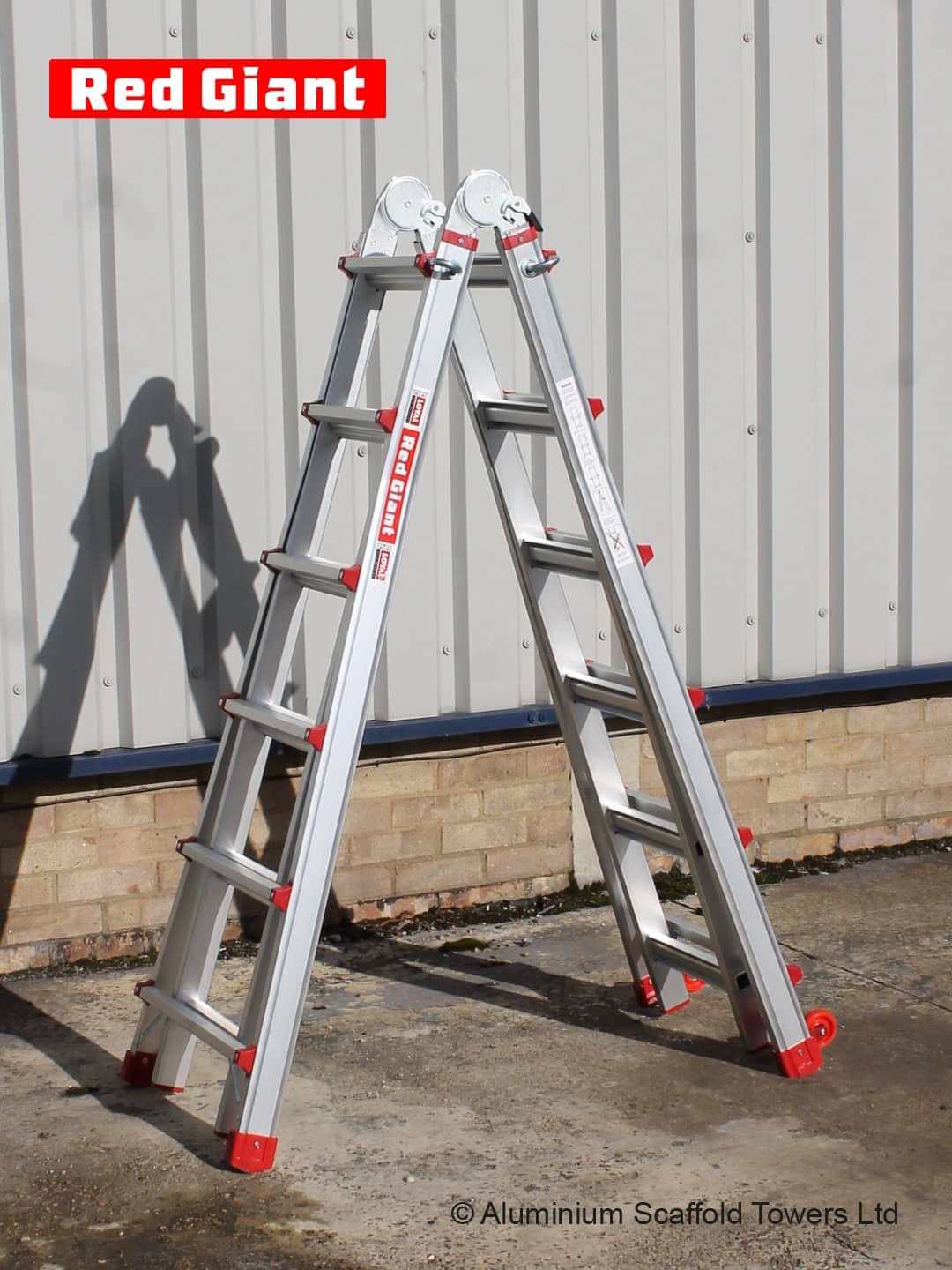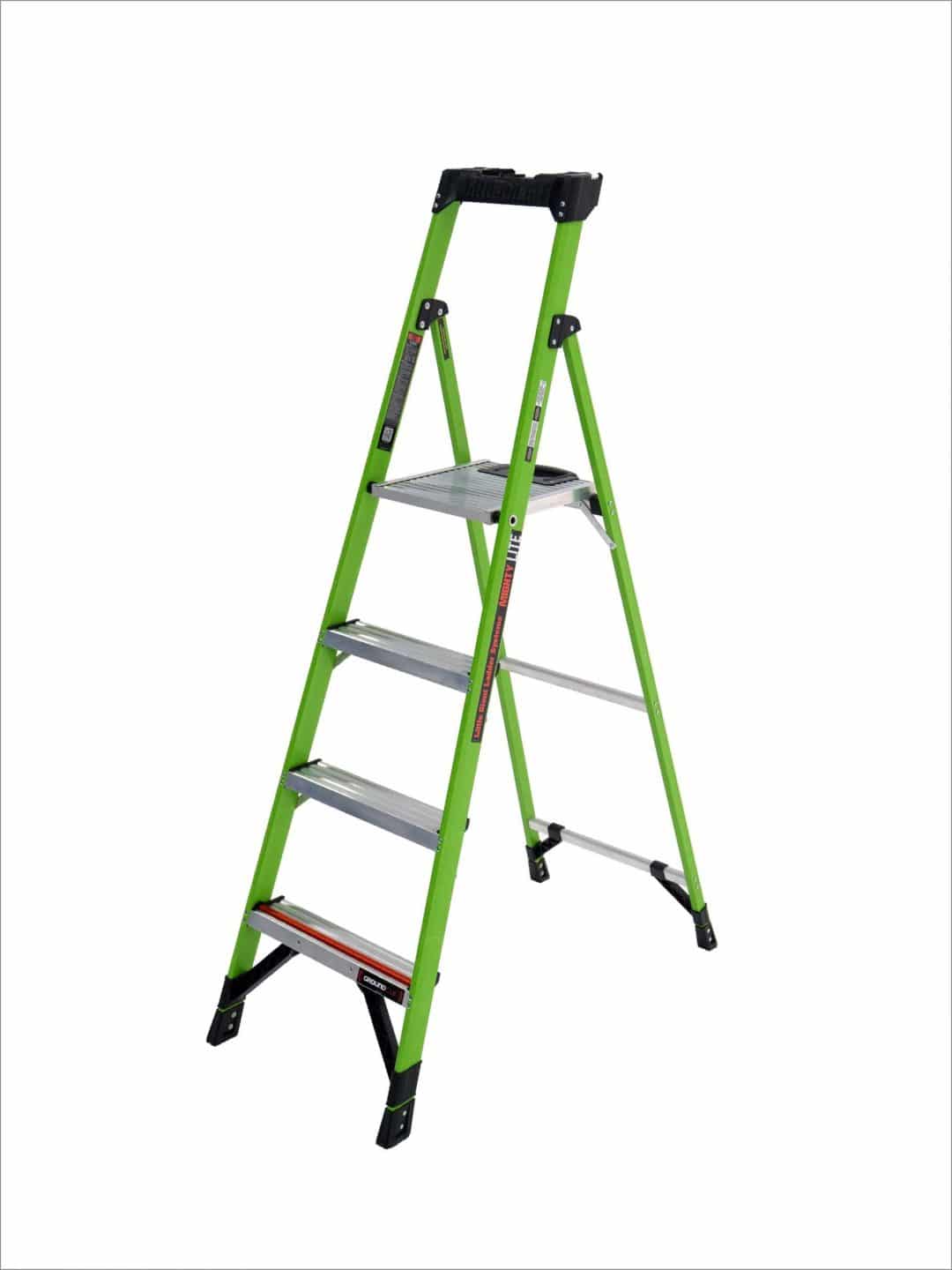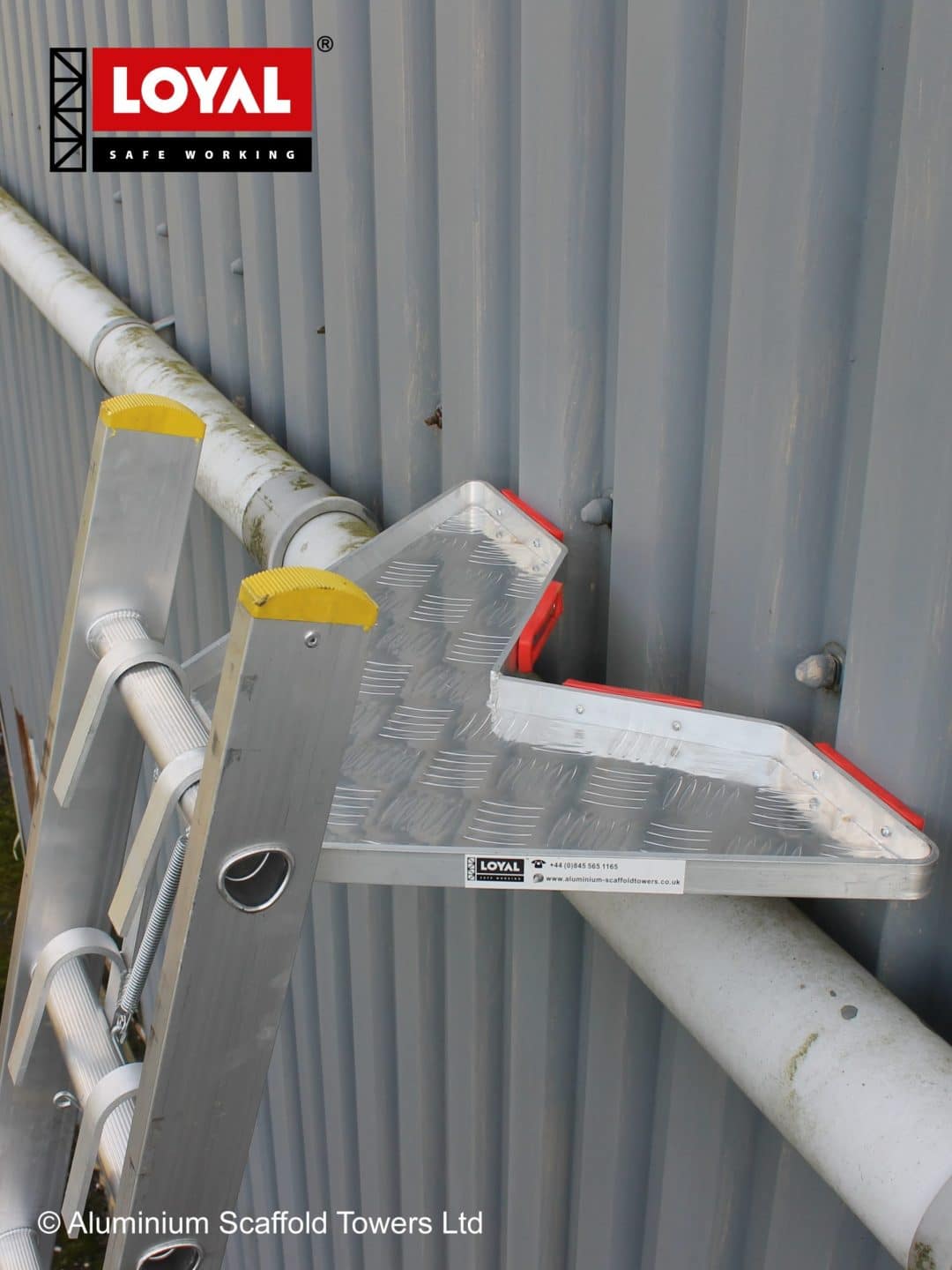No products in the basket.
Blog
The Ultimate Guide to Extension Ladders: Sizes, Safety & Savings

The Ultimate Guide to Extension Ladders: Sizes, Safety & Savings
Extension ladders are essential tools for both professionals and homeowners. Whether you’re painting, cleaning gutters, or accessing a rooftop, choosing the right extension ladder can make a huge difference in terms of safety, efficiency, and cost.
1. What Is an Extension Ladder?
An extension ladder is a non-self-supporting, straight ladder that consists of two or more sliding sections. It must rest against a stable surface to provide access to elevated areas. These ladders are highly versatile and are commonly used for:
- 🏡 Home maintenance (painting, cleaning gutters)
- 🪟 Window installation and exterior cleaning
- 🔨 Roofing, building repairs, and decorating
- ⚡ Electrical work (with fibreglass models)
2. Extension Ladder Types and Materials
A. Material Options
- 🪶 Extension Ladders
✔️ Lightweight and rust-resistant
✔️ Easy to carry and store
⚡ Conductive — not suitable for electrical work - 🟧 Fibreglass Ladders
✔️ Non-conductive — safe near electricity
✔️ Extremely strong and weather-resistant
⚠️ Heavier and more expensive than aluminium - 🌲 Wooden Ladders
✔️ Naturally non-conductive
⚠️ Heavy, prone to rot, and require regular maintenance
B. Style Variations
- 📏 Telescopic Ladders
✔️ Compact; extendable in small increments
✔️ Ideal for limited space and vehicle transport - 🔀 Multi-Position Ladders
✔️ Usable as A-frame, extension, or stair ladders
✔️ Great for varied jobs in different environments - 🪜 Traditional Extension Ladders
✔️ Simple two- or three-section models
✔️ Provide maximum height with straightforward use
3. Choosing the Right Extension Ladder Size
Selecting the correct ladder size is crucial to ensure safety and reach. A ladder that’s too short encourages overreaching, while one that’s too long can be difficult to manage.
Ladder Size vs. Reach Height
| Ladder Length | Max Reach | Typical Use |
|---|---|---|
| 2.5-4 m | Up to 5 m | Interior ceilings, small tasks |
| 3.5-6 m | Up to 7 m | Two-storey homes, painting |
| 5-10 m+ | 10 m+ | Commercial use, roofing |
Working Height Tips
- ✔️ Extend the ladder at least 1 metre above the working surface when accessing a roof
- 📏 Follow the 1:4 rule: For every 4 m in height, place the base 1 m from the wall
- 🚫 Never stand on the top 3 rungs
4. Extension Ladder Safety: Best Practices
Pre-Use Inspection
- ✔️ Check for cracks, corrosion, or bent rungs
- ✔️ Test locking mechanisms before use
- ✔️ Ensure rubber feet and stabilisers are intact
- 🧽 Clean off mud, oil, or debris from the rungs
Ladder Setup
- ✔️ Position on a firm, level surface
- ✔️ Use ladder levellers or stabilisers on uneven ground
- 🌬️ Avoid use in strong winds or near slippery areas
Climbing Techniques
- ✔️ Maintain three points of contact at all times
- ✔️ Always face the ladder when climbing
- 🔧 Carry tools in a tool belt or use a pulley — not in your hands
- 📏 Keep your belt buckle between the stiles to prevent overreaching
Electrical Safety
- ✔️ Only use fibreglass ladders near electrical hazards
- 🚫 Avoid aluminium ladders for high-voltage tasks
5. Key Features to Look For
Modern ladders offer features that enhance safety, stability, and usability.
Essential Features
- ✔️ Anti-slip rungs
- ✔️ Locking rung latches
- ✔️ Stabiliser bar for wide-base support
- ✔️ Wall pads to protect surfaces
- 🛞 Integrated wheels for easy movement
Optional Add-Ons
- 🔧 Roof hooks
- 🔧 Stand-offs
- 🔧 Ladder platforms
- 🔧 Telescoping stabilisers
These features are particularly useful for professionals and regular users.
6. UK Safety Standards & Certification
In the UK, extension ladders must comply with EN131 safety standards, covering:
- 📐 EN131-1: Design
- 🔧 EN131-2: Structural testing
- 📘 EN131-3: User instructions
Choose Certified Models
- ✔️ EN131 Professional — for trade and commercial use
- ✔️ EN131 Non-Professional — for occasional domestic use
📛 Using uncertified ladders may invalidate your insurance and expose you to safety risks.
7. Choosing the Right Ladder for the Job
Home Use
- ✔️ 16-24 ft (4.9-7.3 m) aluminium or fibreglass
- ✔️ Lightweight and compact
Professional Use
- ✔️ 28-32 ft (8.5-9.8 m) fibreglass
- ✔️ Built for heavier loads and frequent use
Weight Ratings
| Rating | Load Capacity | Typical Use |
|---|---|---|
| Type III | 90.7 kg (200 lbs) | Light-duty (domestic) |
| Type II | 102 kg (225 lbs) | Medium-duty |
| Type I | 113.4 kg (250 lbs) | Heavy-duty |
| Type IA | 136.1 kg (300 lbs) | Extra heavy-duty |
8. Money-Saving Tips for Buyers
- 💷 Buy vs Rent
✔️ Buy: For regular use—more cost-effective
✔️ Rent: Ideal for one-off projects like roof repairs - 🔁 Choose Multi-Function Ladders
✔️ Combines multiple ladder types in one
✔️ Saves space and long-term cost - 🛍️ Shop Smart
✔️ Purchase during sales (e.g. Black Friday, Christmas, Spring offers)
✔️ Look for refurbished ladders from trusted suppliers
✔️ Ensure prices include VAT to avoid surprise charges - 🚚 Free Delivery Perks
✔️ Many suppliers like Aluminium Scaffold Towers Ltd offer free mainland UK delivery
9. Ladder Maintenance Tips
Maintenance Checklist
- ✔️ Store in a dry, indoor area
- 🛢️ Lubricate moving parts once a year
- 🔎 Regularly inspect for wear and damage
- 🔩 Tighten loose screws or bolts
10. When to Replace Your Ladder
Signs You Need a Replacement
- ❌ Cracks or bent rungs
- ❌ Rust or corrosion on joints and locks
- ❌ Worn feet or missing stabiliser components
- ❌ Faulty locking mechanisms
💡 When in doubt, consult a professional or invest in a new certified model.
11. Final Thoughts: Elevate Your Work with Confidence
Extension ladders are indispensable for working safely and efficiently at height. By selecting the correct ladder, following safety protocols, and investing in quality, you’ll ensure years of reliable service.
Key Takeaways
- 📏 Choose the correct size and ladder type
- 🛡️ Always follow safety guidelines and use certified products
- 🔧 Maintain your ladder regularly
- 💰 Buy from suppliers that include VAT and offer free delivery
- ♻️ Replace ladders that show wear or no longer meet standards
For trusted, EN131-certified extension ladders with UK-wide delivery, visit:
👉 Aluminium Scaffold Towers Ltd
Further reading:
Ladder vs Scaffold Tower: Best Option for Gutter Cleaning
Common Ladder Mistakes to Avoid (With Expert Safety Guidance)





